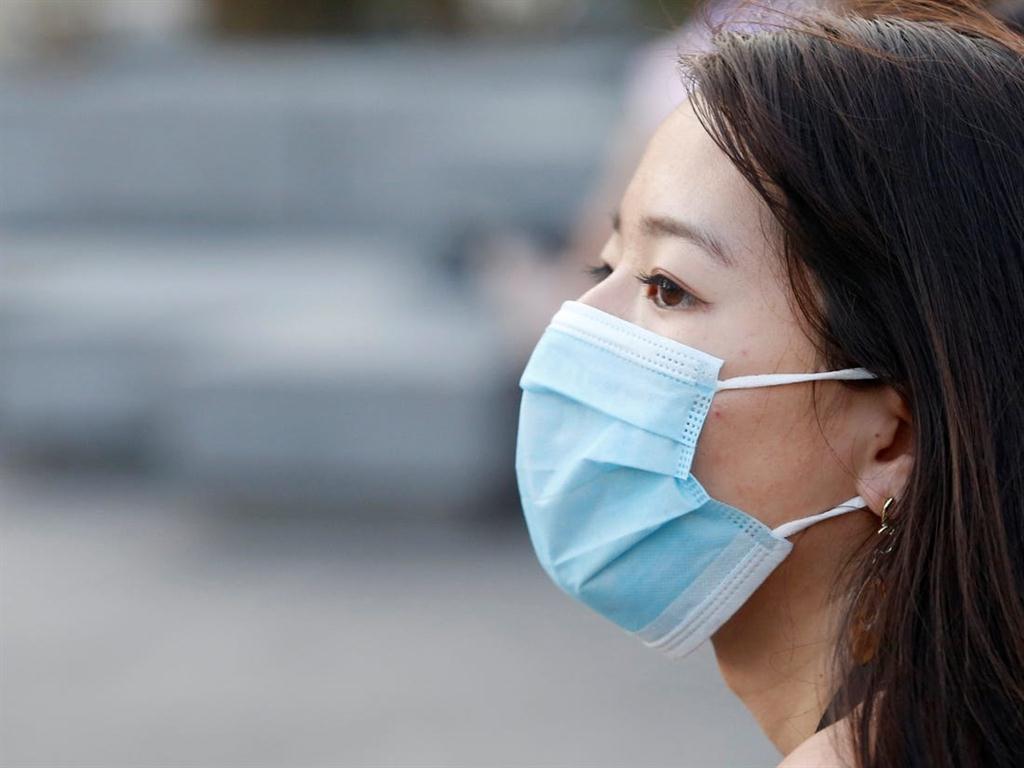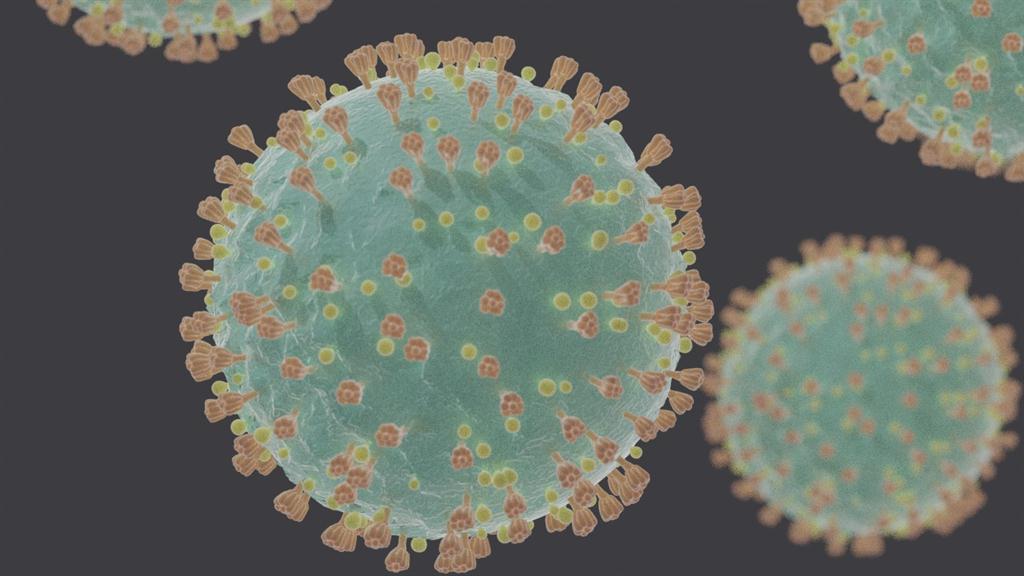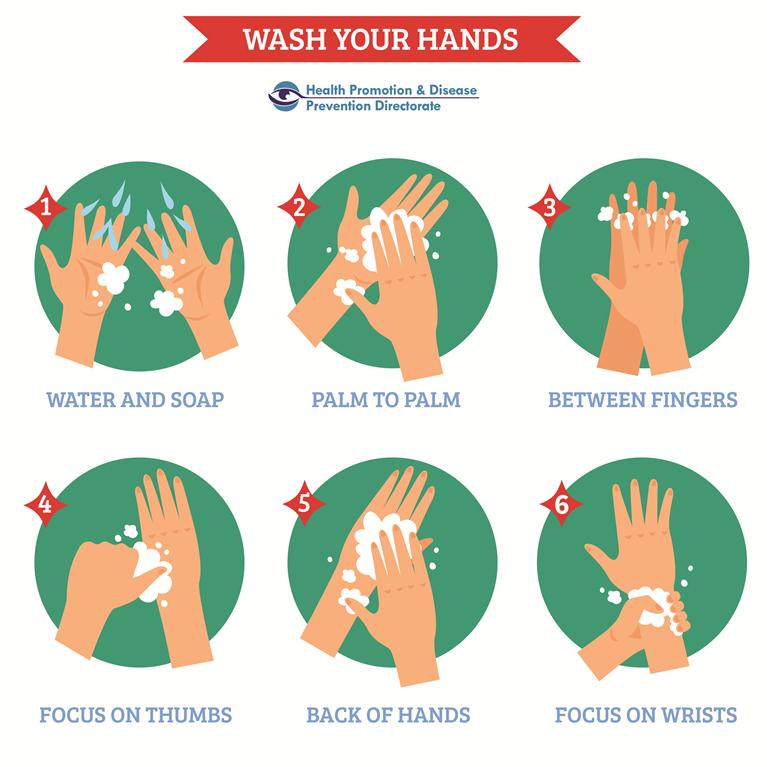COVID-19: WHO musicians play as economies sink
Iréne-Mari van der WaltCOVID-19, otherwise known as Coronavirus is a virus that affects the lungs has brought economies worldwide to a standstill as countries introduce lockdowns, states of emergency and entertainers worldwide performing unplugged sets in their front rooms in collaboration with Global Citizen and the World Health Organisation (WHO).
As melodic as the music is, it cannot drown out the sound of economic toil and the effects it will bring.
Namibia notably lacks a middle class with less than 10% of Namibians reportedly falling in the middle class a decade ago.
Around the same time of these reports, then president of the United States of America, Barack Obama, gave a speech outlining the importance of the middle class in growing an economy.
According to the retired politician, if the middle class cannot afford products that companies owned by the upper class sell, the upper class loses profit.
As sweet as the sound of middle and upper class is, they are not the most affected by a struggling economy. The lower class takes a punch to the gut, and this affects our students.
Stories of students not having food to eat, proper beds to sleep in or decent working space at their homes are abundant and putting more financial strain on households like these may finally cripple them.
Tourism is but one industry that the virus will bring to its knees. Although it may recover, the short-term future of the tourism industry, and many others, look bleak.
The loss in the industry will most certainly lead to pay cuts and, at its worst, retrenchments. Many industries that are linked to affected industries will leave breadwinners without the money to provide.
With a notable proportion of Namibians living in abject poverty, many Namibians will take even more strain. Many of our students, especially those in public schools, often come from wretched financial situations.
This as the World Health Organisation has called on Africa to “wake up” amidst the crisis. Thus far, the continent has suffered an incredibly low volume of Coronavirus, but WHO claims that they have observed a tipping point in the number of infections, hence meaning the virus must be stopped before the tipping point is reached or it will be too much for African shoulders to carry.
WHO claims that elderly people and those with pre-existing health conditions like asthma are most at risk.
Young people may not be affected at all or may only feel flu like symptoms, but are advised to self-isolate for 14 days in consideration of vulnerable individuals who may catch the highly contagious virus and lose their lives to it.









Comments
My Zone
No comments have been left on this article